Tom BurgessNorth East and Cumbria

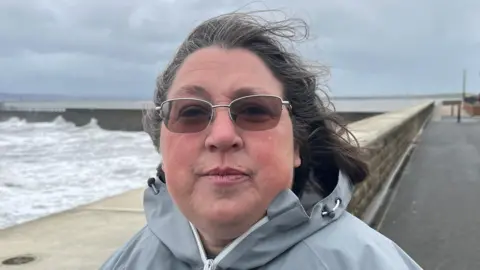 BBC
BBC
The University Hospital of Hartlepool said improvements had been made after Dawn Lord's complaint
A woman who did not give informed consent for a hysteroscopy has described the procedure as "agonising".
Dawn Lord, 51, believed she was attending an appointment at the University Hospital of Hartlepool to discuss future procedures when her doctor told her she needed to take a biopsy.
Mrs Lord was not told what that would involve and, when it failed, she was given a "traumatic" hysteroscopy - an examination using a small telescope-like device inserted into the cervix - without understanding what was happening.
The North Tees NHS Hospital Trust apologised to Mrs Lord for not meeting "the high standard of care" they aimed to provide and paid her £400 in compensation.
Mrs Lord went to the hospital on 19 May 2023 to have bloods taken and for a decision to be made on what investigations may be needed in future.
"We were literally on the way to the door at the end of the appointment when [the doctor] blurted out 'I think we'd better do a biopsy today'," Mrs Lord said.
"I was told to go into a changing room and I was just in shock, I did not know what was happening," she added.
'Horrible pain'
During the biopsy, which found a polyp on her cervix which was then removed without warning, Mrs Lord repeatedly said it was "really painful" but was not offered pain relief, she said.
The 51-year-old was then told by her doctor a better method would be to have a look via a small camera.
"I don't know what's happening and I just keep hearing the doctor say 'can't get it, can't get it'," Mrs Lord said.
"I was told it would cause a brief cramp but I had a horrible pain."
She was given a local anaesthetic but Mrs Lord says the pain did not go away.
"The pain was beyond a scale of one to 10, it was beyond death pain," she said.
Over the weekend she said she continued bleeding and suffering a lot of pain, even blacking out on her way to the bathroom at night.
Mrs Lord complained to the hospital and received an apology in October, five months after her appointment.

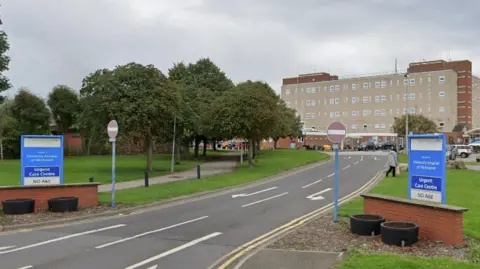 Google
Google
Mrs Lord wants to make sure other women do not have the same experience
'Changes were needed'
A spokesperson for the University Hospitals Tees said the concerns raised by Ms Lord gave them the opportunity to "review the care given, identify learning and make improvements".
They said: "We have not met the high standard of care we strive to provide to our patients and have written to Mrs Lord to apologise."
A Parliamentary and Health Services Ombudsman (PHSO) spokesperson said it was "thanks to Ms Lord raising her complaint that the Trust recognised where changes were needed and had now improved its service".
They said: "We were sorry to hear about Mrs Lord's experience at North Tees and Hartlepool NHS Trust.
"When Mrs Lord came to us, the trust had already apologised to her for its failings and agreed to improve how it informs patients about procedures and gains their consent before proceeding with them."
What is a hysteroscopy?

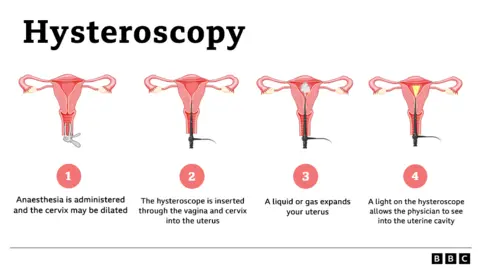
A hysteroscopy is a procedure to examine the inside of the uterus by passing a thin telescope-like device through the cervix.
It's described as the "gold standard" in diagnosing gynaecological conditions – including cancer.
It is used to investigate problems like heavy periods and post-menopausal bleeding. Doctors can also perform biopsies and remove fibroids or polyps.
According to the Royal College of Obstetricians and Gynaecologists (RCOG), a third of those undergoing a hysteroscopy report pain levels of seven or above out of 10.
It says patients should be offered local or general anaesthesia for the procedure and their medical history should be taken into account, including trauma or difficulty with smear tests.

 German (DE)
German (DE)  English (US)
English (US)  Spanish (ES)
Spanish (ES)  French (FR)
French (FR)  Hindi (IN)
Hindi (IN)  Italian (IT)
Italian (IT)  Russian (RU)
Russian (RU)  3 weeks ago
3 weeks ago
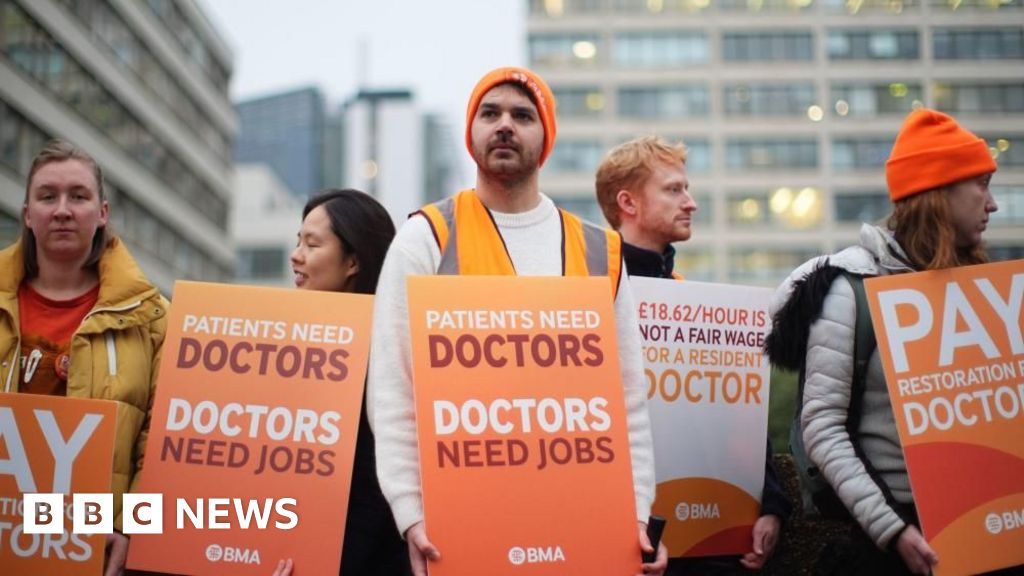


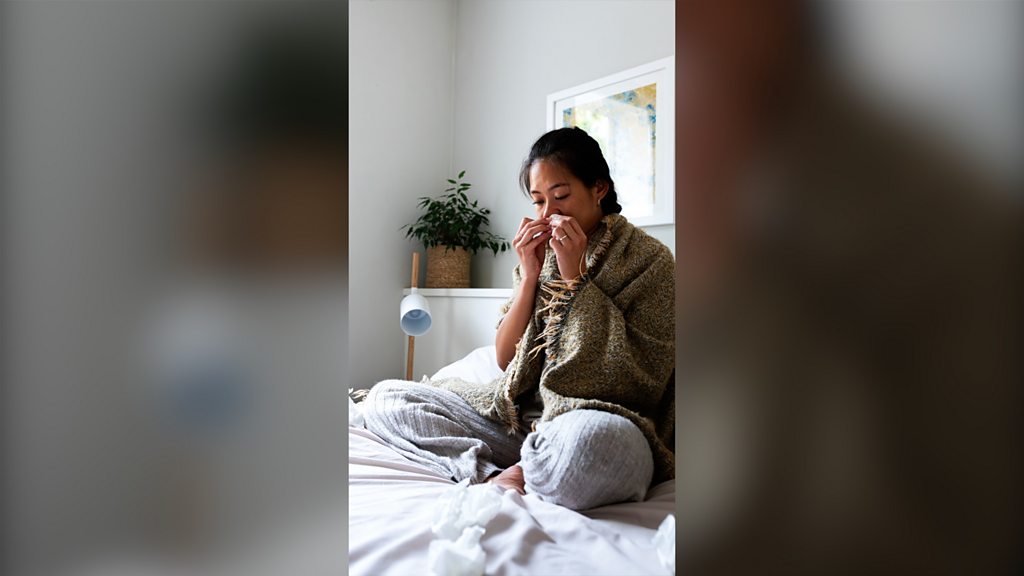


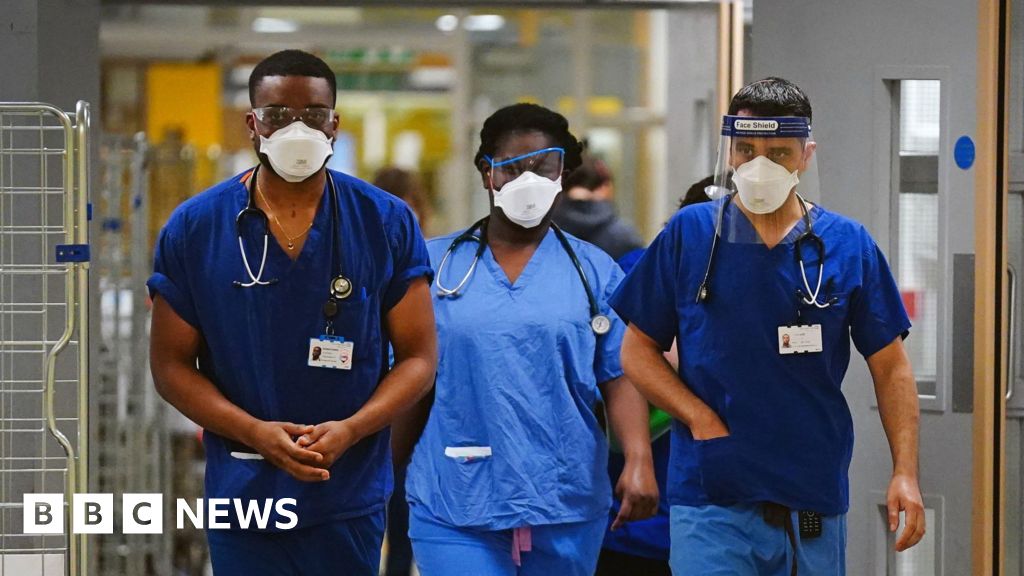
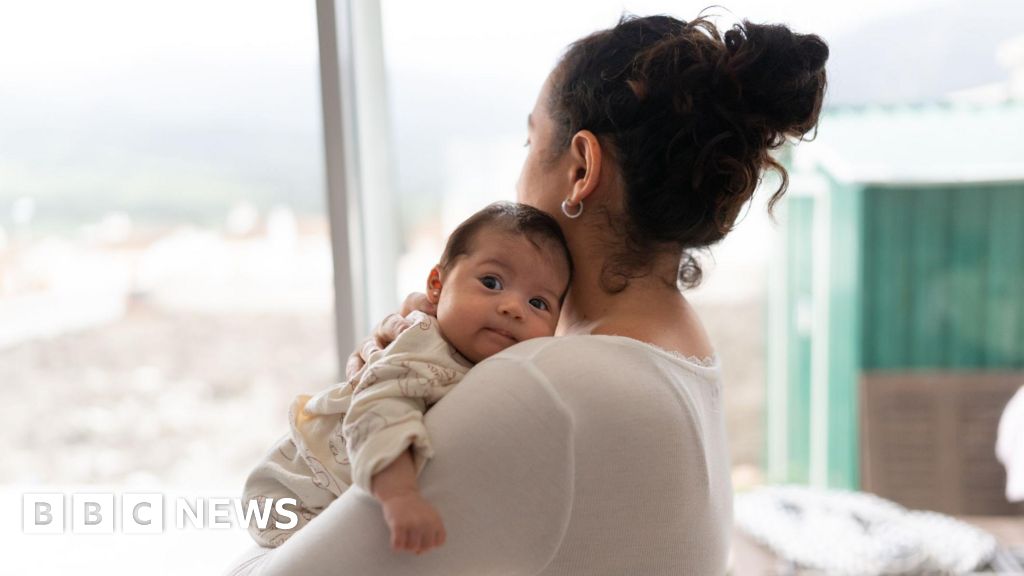

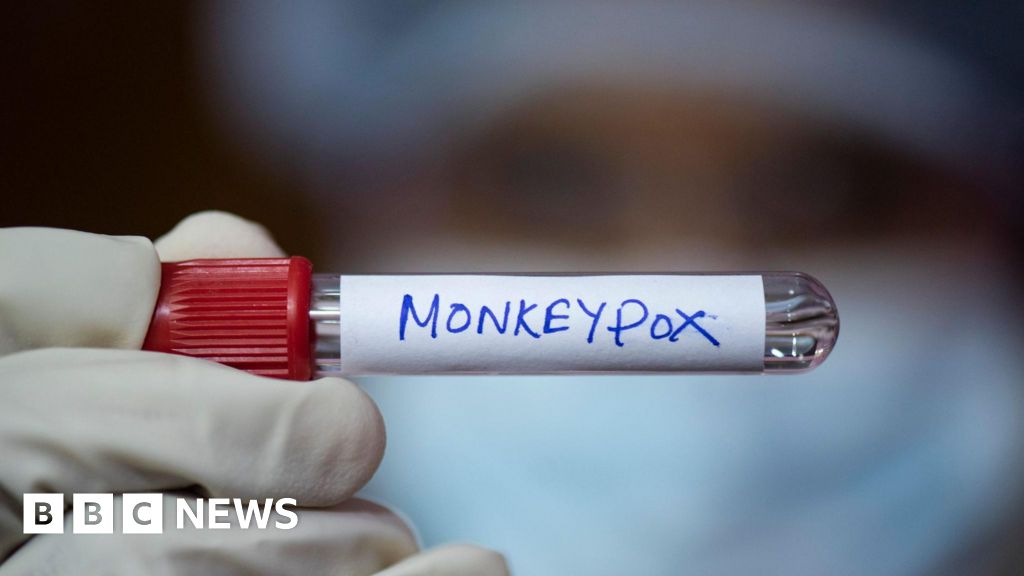

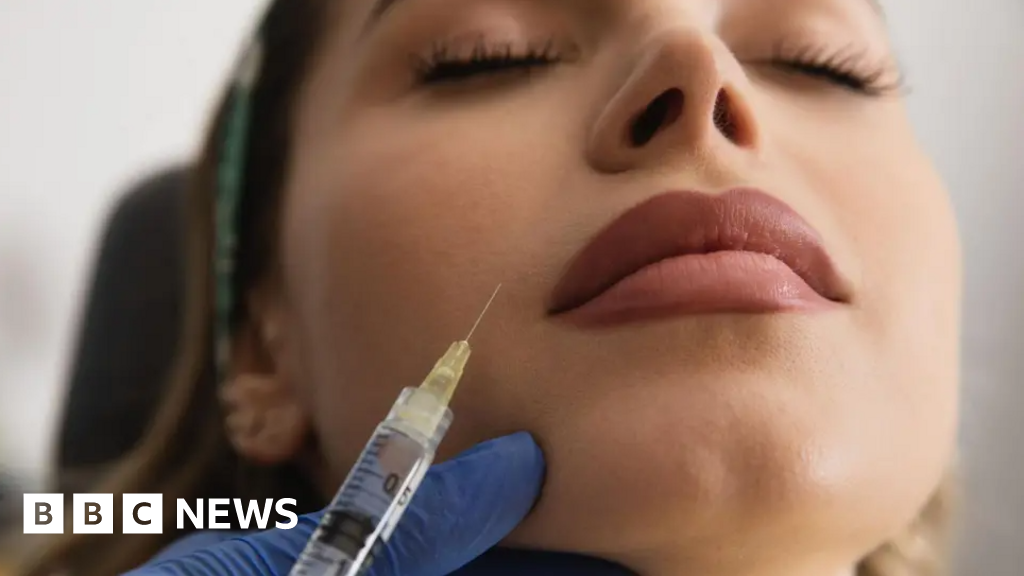












Comments